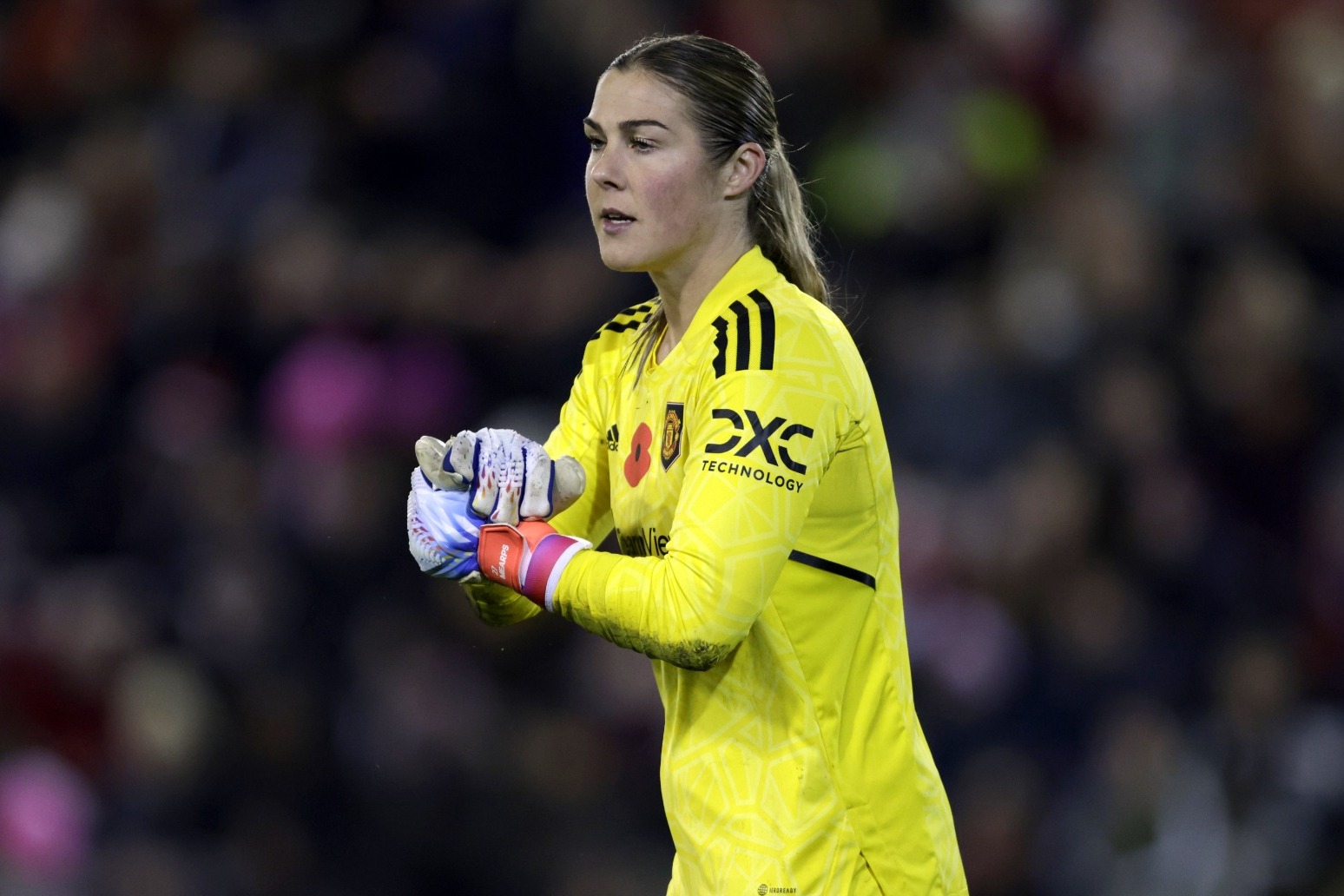
Ambitious plans have been unveiled by the Football Association and Women’s Super League for England to boast the first billion-pound league structure in women’s football.
A month on from the Lionesses’ reaching a second consecutive major final, the finer details on independent company NewCo, a crucial next step in the development of the women’s game, are drawing to a conclusion.
The FA currently owns the WSL and Women’s Championship, but this will change going into the 2024-25 campaign when NewCo take over the running of the two divisions, which will result in a restructure of power in a move similar to the Premier League’s 20-club governance model.
A working group, which contains key figures from Premier League clubs alongside FA director of women’s football Baroness Sue Campbell, was set up by the FA in February led by Nikki Doucet, a former director at Nike.
Progress on the structure, financial model and governance of NewCo has been made and plans are in place for WSL and Women’s Championship teams to receive the relevant information they require by the end of 2023 to run the two divisions from next season.
While WSL chair Dawn Airey, part of the working group, recognises the challenges that will come, she is excited about the potential of England’s
top-two divisions earning a potential one billion pounds in revenue.
Airey said: “We are making good progress (on NewCo) because this has to be resolved before we go into the next season. That is the timetable that we’ve committed to.
“I’d say it’s been incredibly collaborative. It’s been a bit of a bit of an eye opener for some of the chief executives to really understand some of the challenges that the leagues face, but the challenges are opportunities.
“Somebody quoted me an amazing statistic – it just resonates – which is the whole of women’s sport globally gets a billion dollars in revenues from sponsorship and gate.
“Men’s sport gets half a trillion. That’s an enormous difference and it shows the enormous potential. The enormous potential for women sport and women’s football in particular.
“One of the stated goals that we have is to make this league the first billion-pound women’s league in the world. That is league revenue and club revenue and there’s no reason why we shouldn’t do it.”
The WSL has grown enormously during the past 12 months, with 94 of the division’s players appearing at the World Cup, 31 more than from the United States’ National Women’s Soccer League.
Airey’s billion-pound plans, which are backed by Baroness Campbell, are based on the revenue of clubs from both the WSL and Women’s Championship, currently a semi-professional league that gets a 25 per cent split of the revenue going into England’s top flight division.
WSL chair Airey added: “The Championship is a really, really important part of this ecosystem so the billion revenue, that isn’t a figure we just plucked from the air.
“It is based on a pretty decent and detailed business plan over the course of the next 10 years.
“We look at the growth of attendances, we look at the growth of engagement and broadcast, we look at the increased interest from sponsorship and marketing opportunities and then we start being more imaginative about what does attending a women’s game mean?
“There is potential for clubs to think differently about their revenues and actually that is both the Championship and the Super League.”
Baroness Campbell acknowledged the gulf currently between the WSL and Women’s Championship, which will go fully professional in the long-term, and revealed plans for cost controls to be brought in alongside the need for investment in infrastructure.
“The women’s game is at a really critical point here, both for itself and for what it can accomplish in wider society as a whole,” Baroness Campbell said.
“So, we’re really excited about the year ahead. The Championship’s started, one of the big challenges for us as we move forward is how do we make sure the gaps between Super League and Championship and the Championship and National League don’t just get bigger?
“Those are big challenges for us going forward.”
Meanwhile, Baroness Campbell admitted VAR will eventually be introduced into the WSL after a version with less cameras compared to the Premier League was used for a Chelsea friendly with Roma earlier this month.
“At the end of the day, it has to come in. So, we just got to find a way through it,” Campbell revealed.
The FA’s director of women’s football explained VAR’s introduction could be linked to commercial investment and the WSL TV rights will go to market around the end of this year, with the current deals with BBC and Sky Sports expiring at the conclusion of the upcoming season.
“What we don’t want it to be is just a few very rich clubs and to be fair to the CEOs of those clubs, they don’t want it,” Baroness Campbell insisted.
“A league of four isn’t going to be sellable to broadcasters and isn’t going to be commercially attractive, so we need a league that really is vibrant. Everybody gets that.”
Published: by Radio NewsHub








